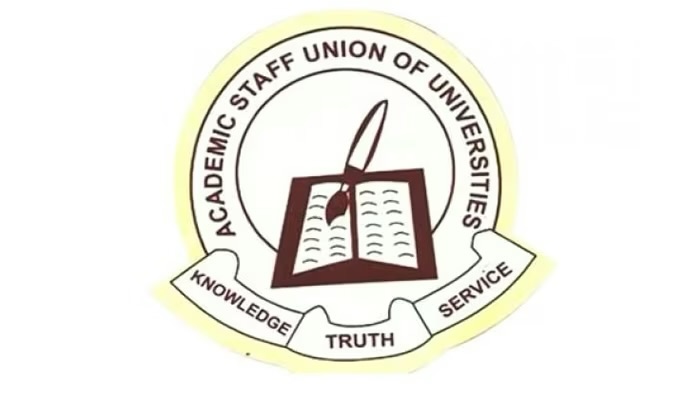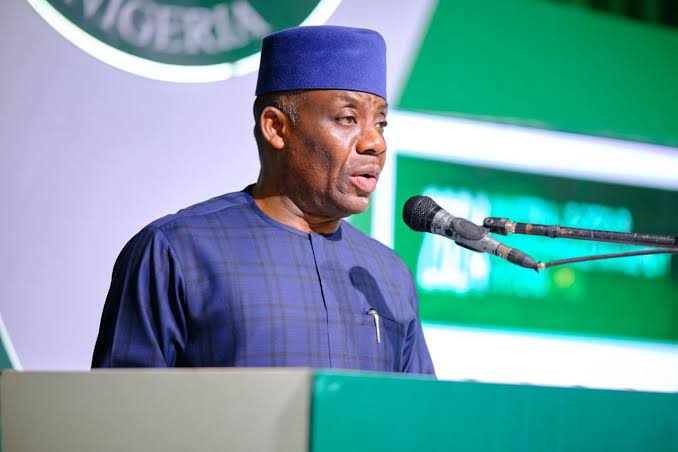In a coordinated move across Nigeria, branches of the Academic Staff Union of Universities (ASUU) have suspended lectures in response to the non-payment of June 2025 salaries. Adhering to the union’s “No Pay, No Work” policy adopted by its National Executive Council (NEC), members are withholding all academic services until their earnings are cleared .
The University of Jos (UNIJOS) branch was among the first to enforce this measure, with Chairman Jurbe Molwus announcing a complete withdrawal from lectures and statutory meetings since July 4, 2025—just after the end of the three-day grace period outlined in NEC directives . Staff at other federal institutions, including the University of Abuja and Abubakar Tafawa Balewa University (ATBU) in Bauchi, have similarly ceased their teaching duties under “active non-compliance” protocols .
ASUU President Prof. Chris Piwuna criticized the delays as deliberate and unjustifiable. He pointed out that the reconfiguration from IPPIS to GIFMIS has seemingly disadvantaged academic staff, despite the government’s insistence on smoother payroll processes . Moreover, the union has called for the release of the outstanding ₦10 billion in Earned Academic Allowances (EAA), in addition to timely salaries, to forestall further industrial unrest .
Local branch leaders have established strike monitoring teams to ensure compliance. For instance, at ATBU, Chairperson Dr. Angulu Haruna emphasized that their refusal to teach is strategic—not a complete walkout—with lecturers still reporting physically but abstaining from formal academic duties . This defiant stance will continue until federal authorities take concrete steps to resolve the payment issues.
The lecture blackout threatens to compound the instability already affecting academic calendars, with students and university administrations bearing the brunt of the disruption. As negotiations loom, the government faces mounting pressure to address salary delays and honor outstanding allowances, or risk a national escalation that could stall tertiary education across the country.





